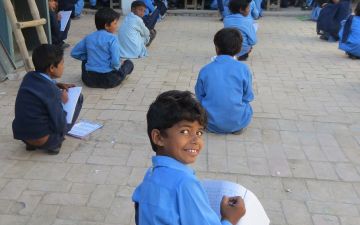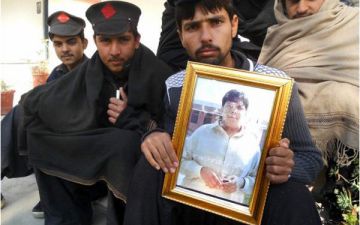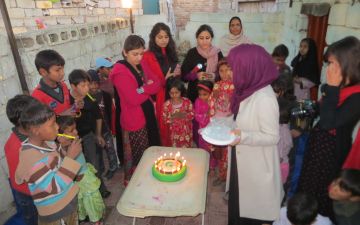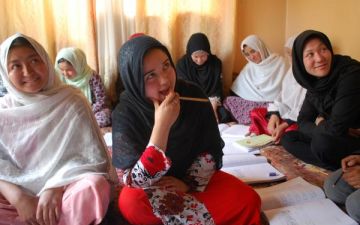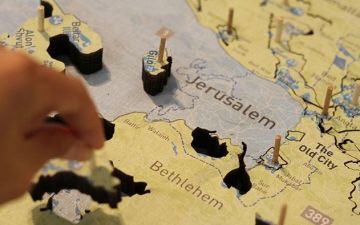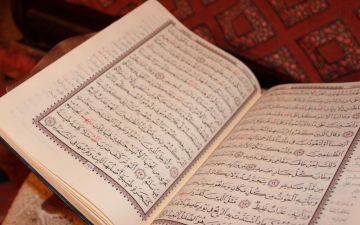Taliban gunmen stopped a school bus rolling through Pakistan’s mountainous northwest frontier and demanded, “Which one of you is Malala?” before shooting the 14-year-old activist in the head. Malala Yousafzai nearly lost her life for campaigning against the Taliban’s prohibition on educating girls in her native Swat valley. But it’s not just the Taliban that keep girls out of schools in Pakistan. It’s also a lack of toilets. In a study of nearly 164,000 public schools, 42 percent did not have latrines.
The fact that so many get educated without access to basic facilities such as drinking water, electricity, boundary walls, or even a school building is a testament to their desire to learn. Still, formal education is a luxury for more than five million out-of-school children in Pakistan, two-thirds of whom are girls.
Last year, a task force of public and private sector officials declared the state of Pakistan’s system of education to be in an “emergency.” The attack on Malala Yousafzai has since added even greater urgency to this assessment. Parents and principals, philanthropists and politicians are now demanding―and creating―real educational opportunities. This reporting project maps the hard road that lies ahead and shows how the Taliban are only one of many obstacles standing in the way of Pakistani families who want a decent education for their children.

